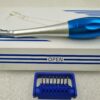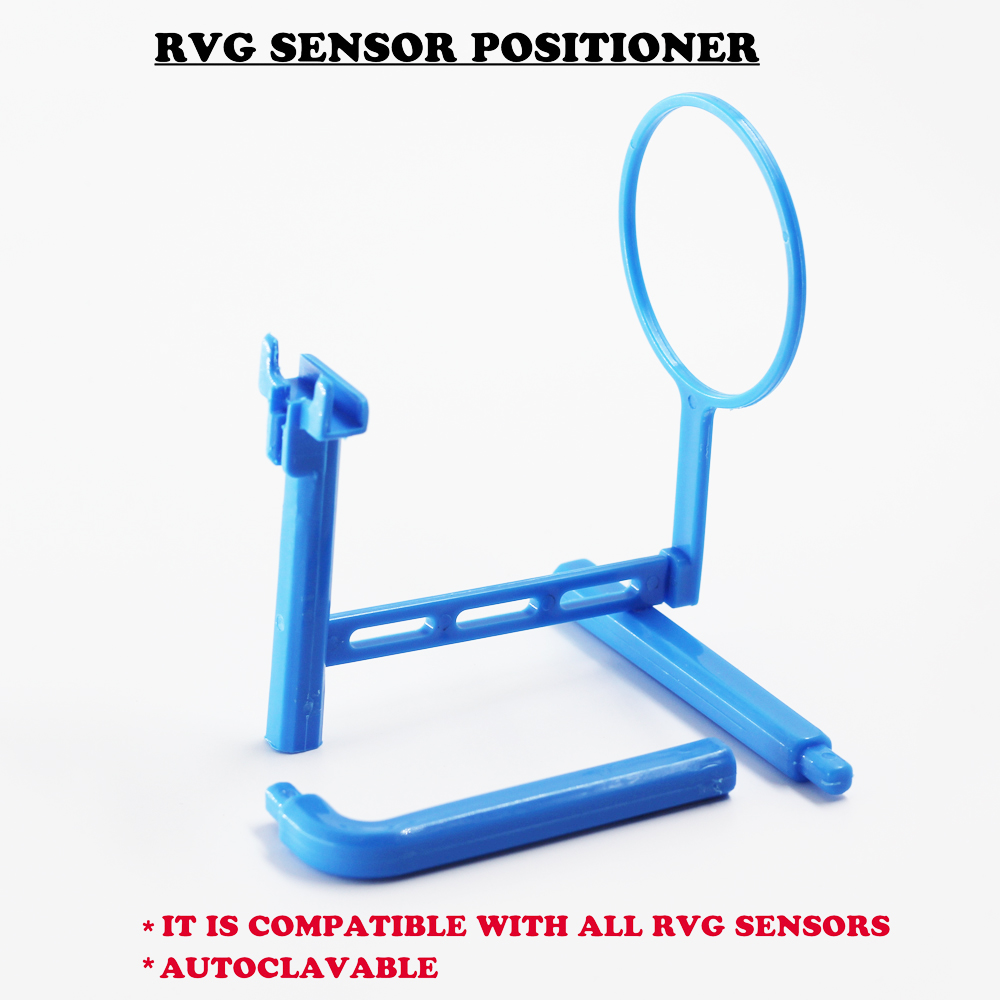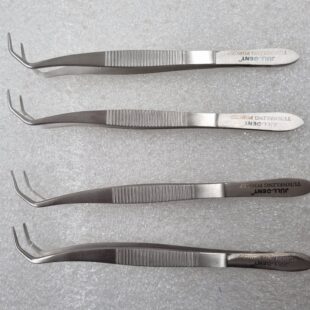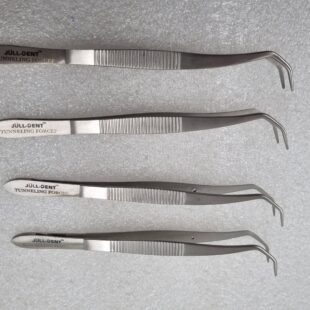- Your cart is empty
- Continue Shopping
Gingival Former Customization Silicon Index
Jull-Dent 061
Most of gingival former and cervical part of the implant abutments are rounded. While following the anatomy it is not rounded all the time.
In anterior – it is triangular,
In posterior – it is semi trapezoid and
In premolars – it is ovoid in shape.
The cervical former is –
Fabricated from a biocompatible silicon material
Is compatible with any implant system and any abutment
It is in 37 different gingival shapes that matches most of the clinical situations
It is autoclavable
There is no need to add separate medium
Can be used to preserve the keratinized soft tissue after implantation
Helps in recording accurate impression for implant and soft tissue around the implant.
The EPSI is a set of 3 silicone moulds that aim to modify the cervical contour of implant prosthetics and accessory components into anatomical shape . This allows the peri-implant soft tissue to attain a better architecture and allows for a more natural emergence profile for implant prosthesis.
The cervical former can be used with ALL IMPLANT SYSTEMS (Universal).
It can be used to shape healing collars, Ti- bases, temporary and final abutments, as well as impression copings.
N.B: threaded healing collars can be used only with centered shapes(denoted with letter C) For other shapes a two piece healing collar or any other 2-piece accessory should be used.
1.Select the mould (anterior, premolar or molar) you want to use. Select the most suitable size based on the meso-distal width. Usually the best size is
2-3 mm smaller than the meso-distal size of the tooth to be restored .This can be measured with a periodontal probe or a calibre.
2.Place the accessory to be modified inside the patient’s mouth to identify
the facial side. Mark the centre of the facial site with a burr or an indelible marker. The trial will allow the identification if the implant inclination and if the implant is centralised or not.
3.Attach your accessory to an implant analogue and place it in the selected site in the former with the mark made intraorally facing the buccal or labial of the mould.
4.Adjust the vertical level by moving the analogue up or down . Eg. If the soft tissue is very thick or the implant is sub crestal, the analogue is moved further down and vice versa.
Note: It is important to have at least 0.5-1 mm of the accessory above the bone level before the customised composite part to avoid undue crestal bone loss .Customisation in immediate extraction socket is an exception to this precaution.
5.If you want to secure the composite to the used accessory, you can make the side walls rough with a burr. On the contrary if you want to make a temporary crown on an abutment, you can paint it with Vaseline
6.When everything is aligned and secured inject flowable composite or a similar material into the mould. When using light cured resins it is advisable to enjoy and cure it on 2 steps if you are using a conventional light cure. If you have a light cure that has 4 mm or more curing depth, you can do it in a single step. If you are using a dual cure resin you can inject it in a single step
7. After curing, it is advisable to trim excess resin flashes. Usually only polishing using composite polishing tips is required. Do not over finish to avoid altering the concavo-convex profile. Inspect for voids. If any, fill it with flowable resin and finish.
——————————————
Additional Information
| Weight | 0.040 kg |
|---|---|
| Dimensions | 10 × 5 × 2 cm |
| Types | Silicon Index set of 3, Silicon Index set of 3 with autoclavable Box |
Only logged in customers who have purchased this product may leave a review.




















Reviews
There are no reviews yet.